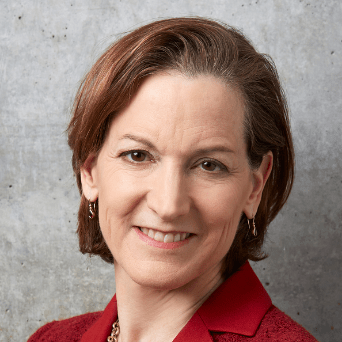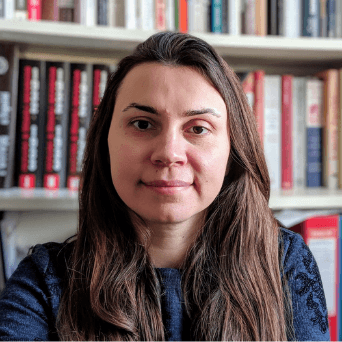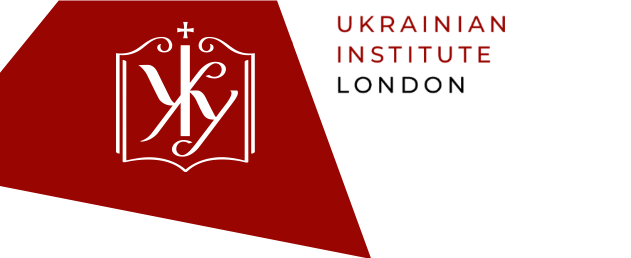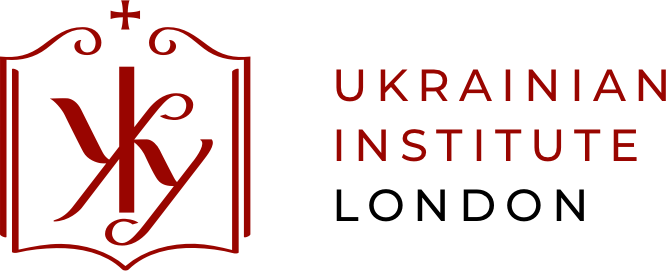Ukrainian Institute London joins the worldwide commemoration of the 85th anniversary of Holodomor: Ukraine’s Great Famine of the 1930s. Over the course of 2017-2018 we have spoken about Holodomor with British audiences from different angles. Trying to explain and reveal new information about this significant part of Ukrainian history was at the core of our events programme. It was a revelation for us to see just how much public interest in Britain could be generated by the topic of Ukraine’s Famine. We wanted to take this opportunity to give an overview of our recent events on the Holodomor.

In September 2017, the Insitute’s Patron, Washington Post columnist, and historian Anne Applebaum launched her new book ‘Red Famine: Stalin’s War on Ukraine’. Anne spent over 4 years working on this research, looking into newly opened archived documents, analyzing recorded evidence of the survivors. Speaking to the audience of nearly 250 people at EBRD, she said: “The idea that the leader of a huge country would deliberately kill its people by depriving them of food was not believed in the West for a very long time. Stalin’s motivation is now much clearer, too. To understand his murderous policies of the 1930s in relation to Ukraine, one has to go to 1917, the year of the Bolshevik Revolution, and of Ukraine’s national revolution. Two years later, a massive peasant anti-Bolshevik revolt swept Ukraine, as the Bolsheviks attempted to occupy it many times before succeeding.”
A full video recording can be viewed here.
In June 2018 we screened ‘Hunger for Truth’ – a feature-length documentary telling the story of Rhea Clyman, a young Canadian reporter who traversed the starving Soviet heartland when Stalin’s man-made famine was just beginning. This remarkably resourceful and courageous woman was banned from the USSR for writing about Holodomor and the Gulag. The discussion of the film brought up an interesting point about similarities in disinformation campaigns, rolled out by the Kremlin back in the 1930s to cover up the famine in Ukraine and to cover its covert operations in eastern Ukraine, as well as the annexation of Crimea. The film, produced by an American-Ukrainian film director Andrew Tkach, weaved both of these themes into one single narrative.
See a full recording of the post-screening talk here.

In October 2018 we hosted a talk by Daria Mattingly, a researcher from the Cambridge Ukrainian Studies, who has just completed her doctoral research into the rank-and-file perpetrators of Holodomor. It was a painful truth to acknowledge, that thousands of Ukrainians were involved in executing Stalin’s Great Famine on the ground, and often these were local villagers, teachers, Communist activists, and even students, she told the audience at Ukrainian Institute London. Their motives were manifold, but only a very small percentage was motivated by ideology.
Daria was joined by Samara Pierce, the great-granddaughter of Alexander Weinerberger, who photographed the Famine. She demonstrated the vintage family album with original 1930s photos from Kharkiv and shared her fascinating family story.


